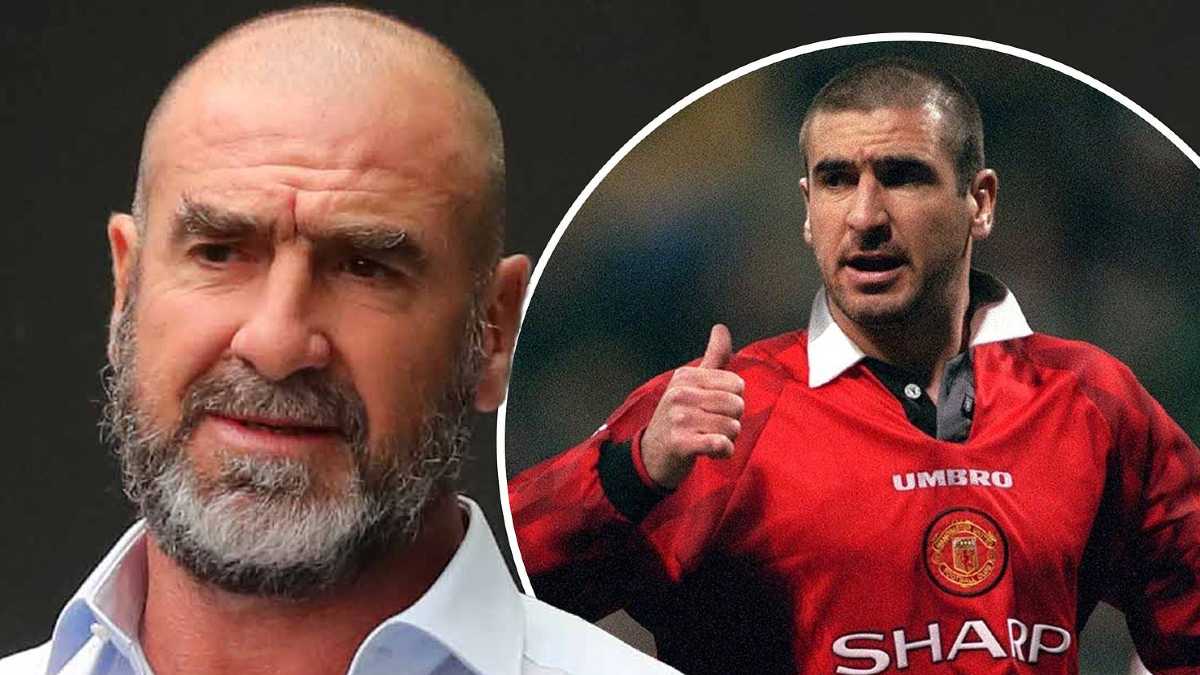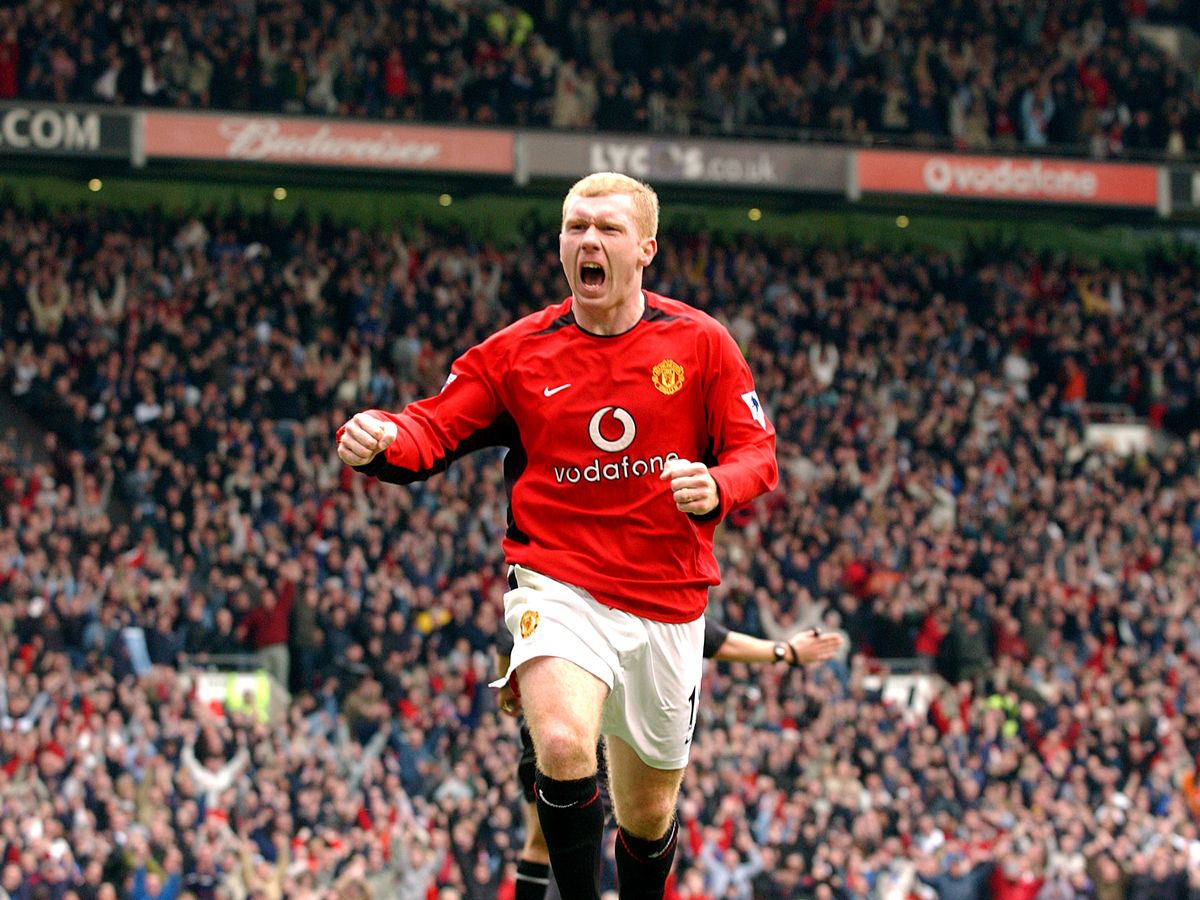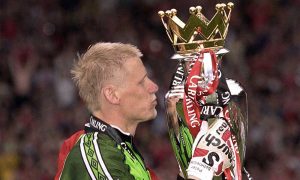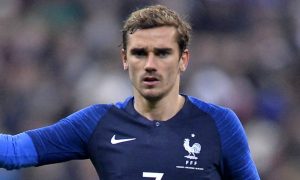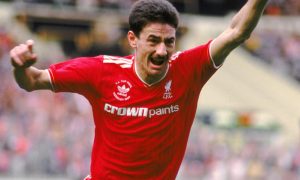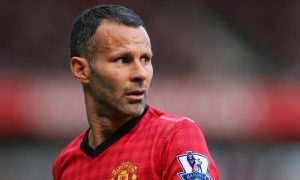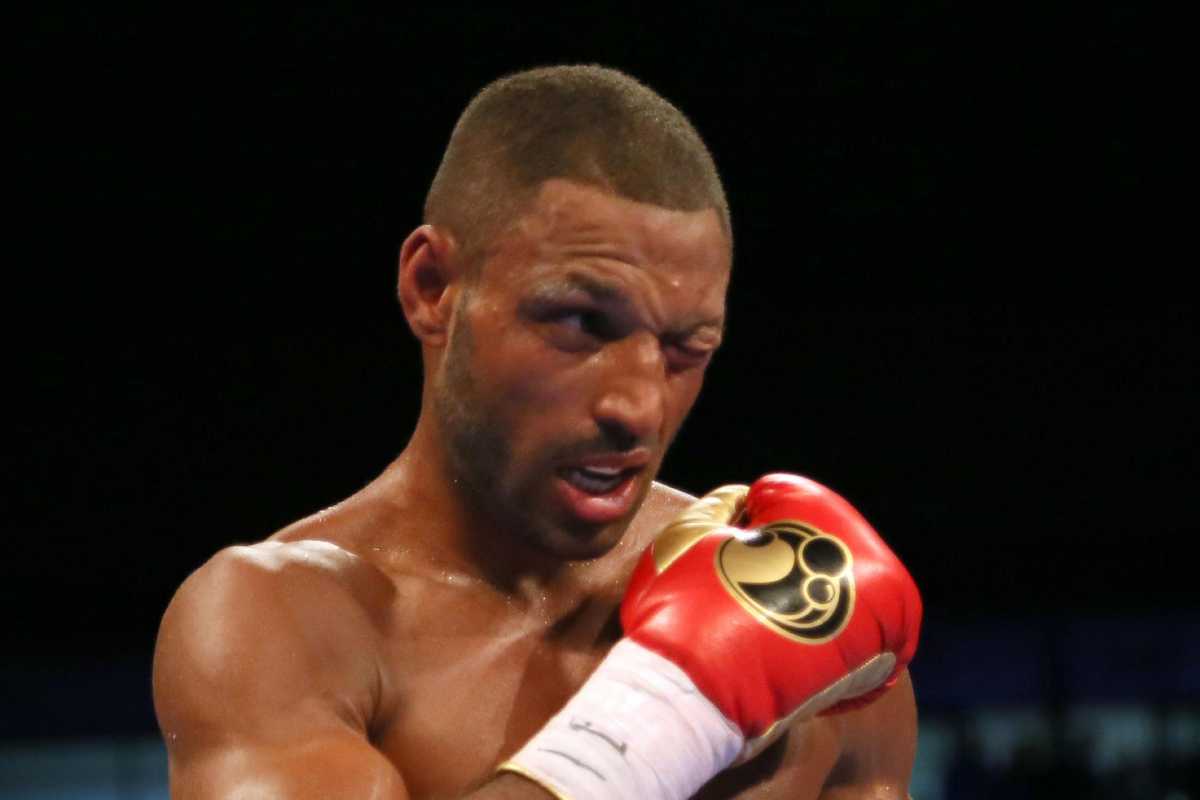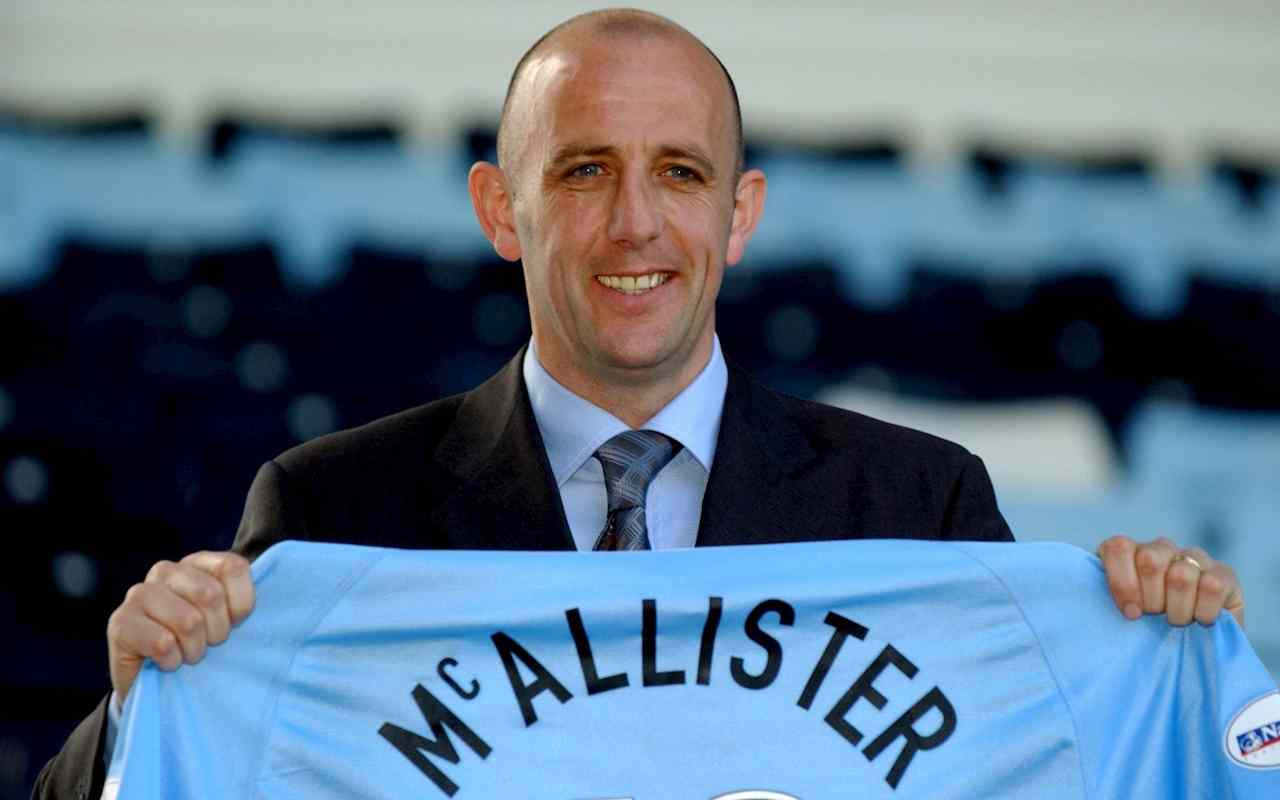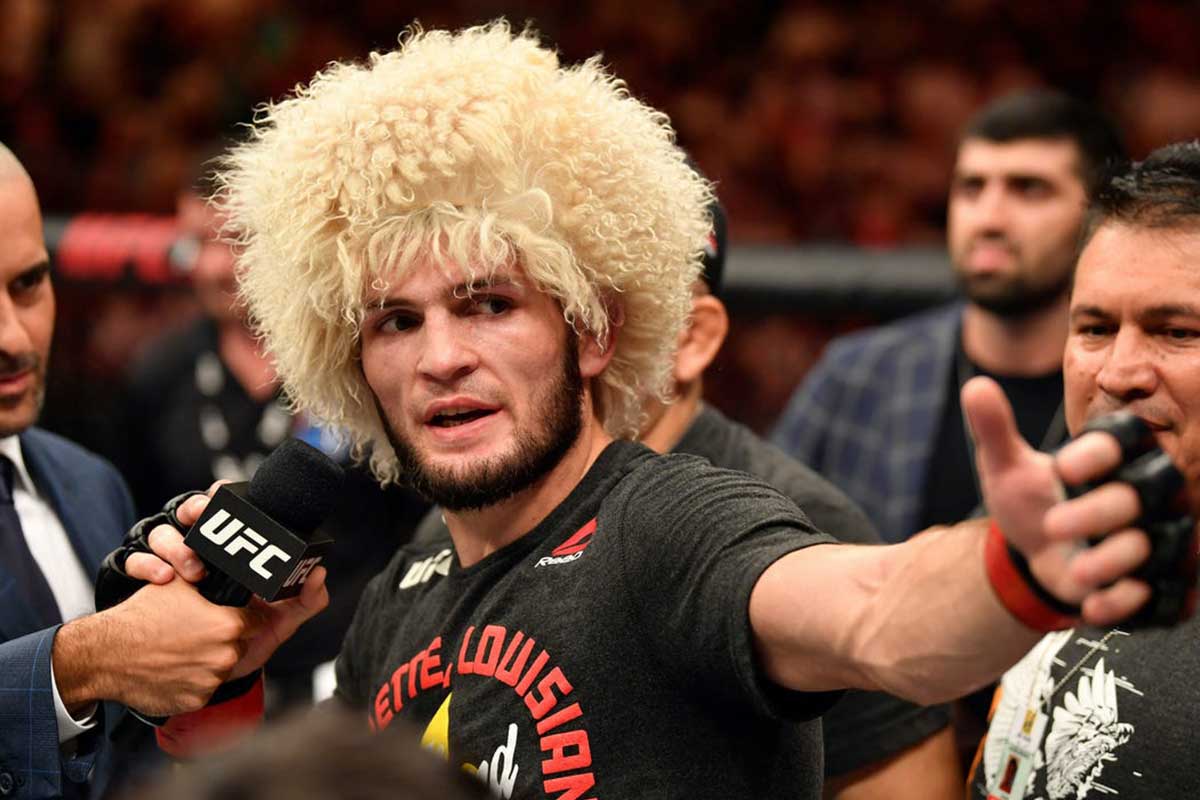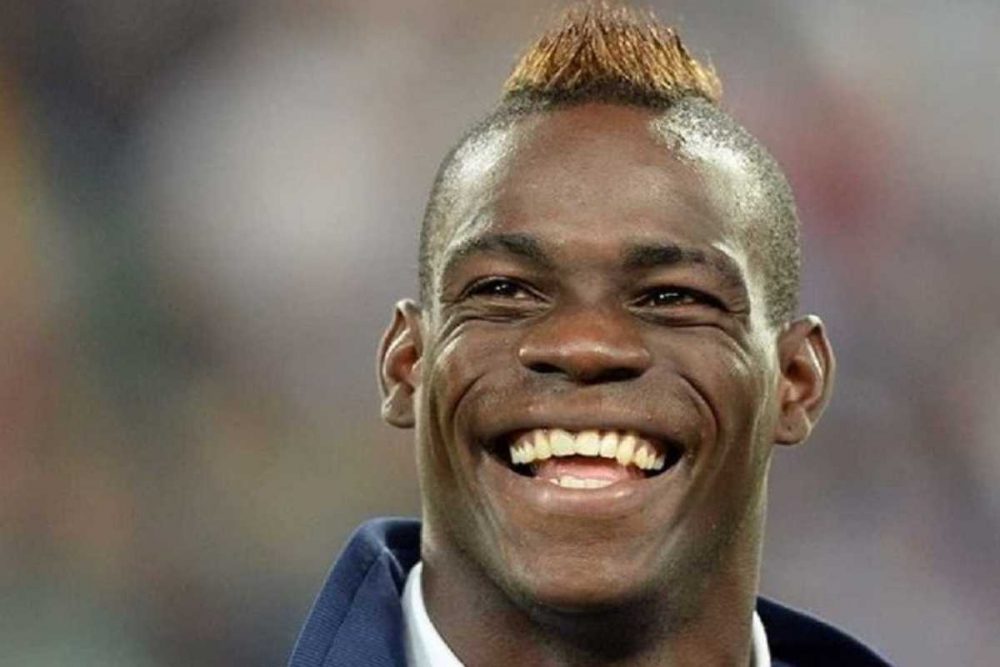Eric Cantona was the first Premier League footballer who had reached the heights of a cultural icon. The Frenchman’s influence expanded far beyond the greens of Old Trafford, and it revolutionised the overall structure of English football.
The story of Eric Cantona, however, is not one free of controversy. In this feature piece, we will revisit the glorious career of the Manchester United legend and shed light on the most talked about moments of his Premier League reign.
Eric Cantona Family
Cantona was born in Marseilles, France, but his family tree has roots in Spain and Italy. His mother, Éléonore Raurich, was a nurse, and she came to France from Barcelona, Spain.
Cantona’s father, Albert Cantona, was an artist and was French by birth. However, Cantona’s paternal grandfather was an Italian stonemason, who had immigrated to Marseilles.
Born in 1966, Eric Cantona was the second child of his parents. He has an elder brother Jean-Marie Cantona, who is four years older than him. His younger brother Joël Cantona was born 17 months after Eric.
Eric Cantona Goals
Eric Cantona Youth Career
Sports Olympique Caillolais, better known as SO Caillolais, was the first club Cantona had ever played for. It is a Marseilles club which’s most famous graduate back then was former France international and OGC Nice legend Roger Jouve.
When Cantona had joined the Caillolais academy, Jean Tigana was playing for the club’s youth team. Tigana, a prominent central midfielder during his playing career, went on to earn 52 caps for Les Bleus.
In his earliest days at Caillolais, Cantona played predominantly as a goalkeeper. But, as time progressed, the coaches discovered a flair of passing creativity and finishing prowess in him.
So, they decided to move him upfront. That is how Cantona transitioned his position from one end of the pitch to the other.
Moving To Professional Football in France
Cantona signed his first professional contract with Auxerre. He joined the club in 1981, and after a couple years in the youth team, he made his first senior appearance in 1983.
The senior debut came in Auxerre’s league encounter with Nancy, which ended in a comfortable 4-0 win for Les diplomats.
In 1984, Cantona enrolled in mandatory military service and had to take a break from football. After returning from service, he joined French second-tier side Martigues on loan.
In 1986, he returned to Auxerre, put pen on a professional contract, and dazzled in his first full senior season. A France national team call up the following year was his reward for his brilliant performance.
Disciplinary Problems Begin
However, 1987 was also the year Cantona started revealing his maverick side. He was penalised for confronting Bruno Martini and poking him in the face.
A year from then, he received a three-month ban for a dangerous kung-fu tackle and badmouthed France national team manager Henri Michel for dropping him from the squad.
Cantona cultivated a rogue image of himself. Nobody had doubts over his football skills, but his lack of respect towards discipline became more and more evident.
Think of him as a vintage Mario Balotelli, if you will. Great footballer, but not the easiest player to manage.
In 1988, Cantona moved to Marseilles, the club he grew up idolising. But, disciplinary problems continued to haunt him there, and he struggled to adapt.
The club then sent him on loan spells to Bordeaux and Montpellier. Cantona had a successful stint at the latter club but was involved in multiple fallouts with his teammates.
Marseilles called him back. Upon return, he started to perform well under Gerard Gill. He retained his form when Franz Beckenbauer took charge. But, problems began to resurface when Raymond Goethals came in as the new manager.
Leaving Marseilles
The duo never managed to work out their differences, so Cantona had to leave the club. In 1991, he joined Nîmes, in spite of playing a vital role in Marseilles’s title-winning campaign the previous season.
Cantona’s Nîmes career is famous, or should I say notorious, for reasons that have nothing to do with football.
He threw the ball towards the referee, expressing discontent at his decision, and received a one-month suspension for it. In the disciplinary hearing, he called out the members of the hearing committee as “idiots”, which added three more months to his suspension time.
Cantona then dramatically announced his retirement from football. Michel Platini, the contemporary France manager and an admirer of Cantona, advised him to leave France and start fresh on the other side of the English Channel.
Eric Cantona Leeds United Days
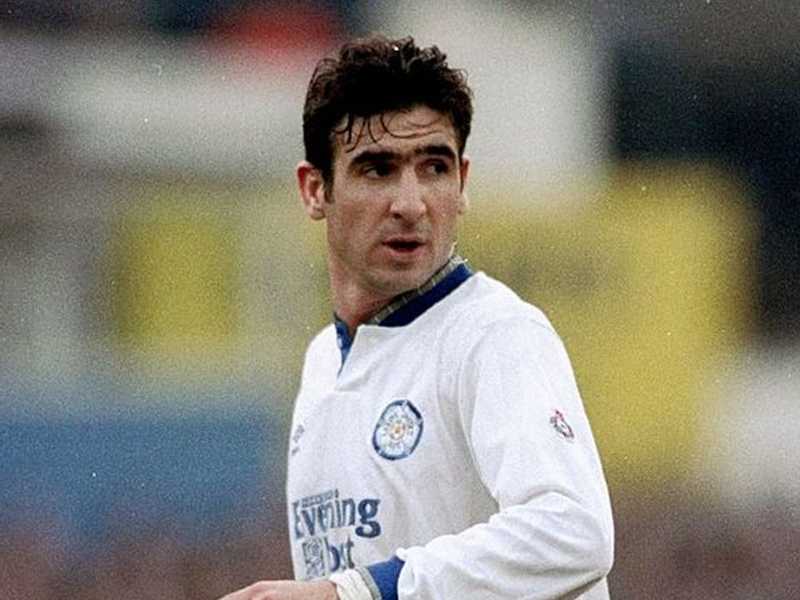
Platini tried to convince Liverpool manager Graeme Souness to sign Cantona. But, Souness refused to take up on that offer citing disciplinary concerns. Cantona appeared on trial for Sheffield Wednesday, but it was Leeds United, who had the chance to secure his services in England.
Leeds paid Nîmes £100,000 as loan fee and then paid them a further £900,000 at the end of 91/92 season to make the deal permanent.
Before signing for Leeds, Cantona was out of football action for months. So, he didn’t break into Howard Wilkinson’s side as a sure starter, but he became a useful super-sub, who could do the job when necessary.
In his 8 league appearances that season, Cantona scored two goals and assisted one. Leeds United finished the season lifting the First Division title.
Cantona managed 13 league appearances the following season and scored six goals. He was far from content with a role at Leeds, nonetheless. Cantona handed in a transfer request after Wilkinson dropped him for Leeds’ 3-0 win over Arsenal.
He had specifically mentioned Manchester United, Arsenal, and Liverpool as his preferred future destinations.
Free Transfer To Manchester United
In November 1993, Leeds United fans burst into outrage when the club announced that Eric Cantona would join arch-rival Manchester United.
However, many football pundits applauded the decision. While Cantona was a fantastic player himself, he wasn’t a necessity for Leeds.
Moreover, he wasn’t a universally liked presence inside the dressing room. So, moving him out made sense.
The deal was announced on 26 November 1992. This wasn’t a transfer saga that dragged on for months, as we often see in modern football. It happened rather spontaneously.
Leeds chairman Bill Fotherby had ringed his Manchester United counterpart Martin Edwards, asking if his club was willing to let go of Irish fullback Denis Irwin.
At that time, Man United manager Sir Alex Ferguson was in Edwards’ office. Ferguson told Edwards that Irwin was not for sale, and asked him to make a counter-proposal instead.
United required a striker back then, and Ferguson saw Cantona as the ideal candidate to fill the vacancy. Edwards then picked up the phone and asked Fotherby about the availability of Cantona.
Fotherby consulted with Wilkinson, who green signalled the deal. Leeds received a transfer fee of £1.2m, as Cantona joined the Red Devils.
Eric Cantona Manchester United Days
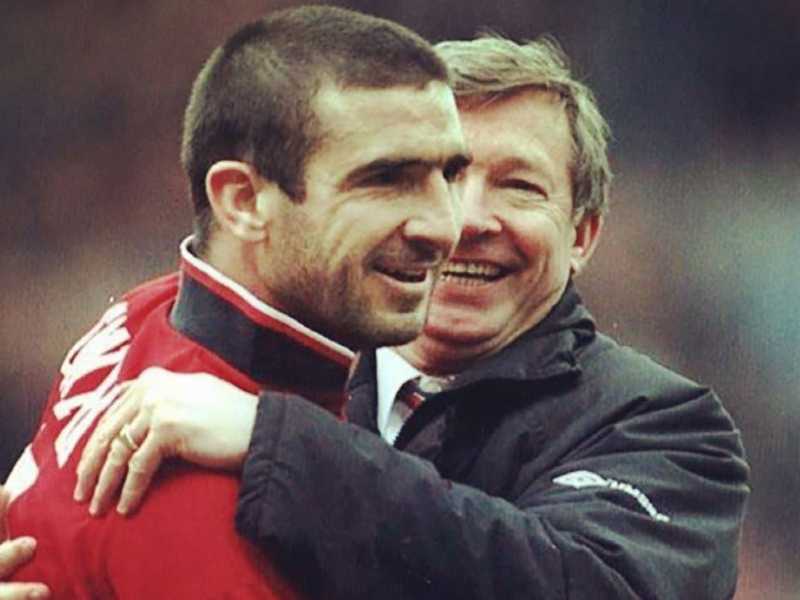
When Cantona had arrived, Manchester United were in a 26-year league trophy drought. Sir Alex Ferguson, who had been in the club for six years, had made remarkable progress with the team. But, the league trophy remained elusive.
He needed a magic touch to change the fortune. And it turned out, the madcap Frenchman he had just signed, would be the harbinger of a golden era.
Many years after Cantona had left the club and put away his playing boots for good, ex-chairman Martin Edwards had this to say about his most famous signing-
“He changed the history of the club.”
Martin Edwards
Top of Form
Eric Cantona caught Ferguson’s eye when Leeds United had picked up a pivotal victory against his side in the 91/92 season. As a result, Man United fell two points behind Leeds in the league table and ended up finishing second behind the Yorkshire club that season.
Cantona came off the bench that day and caused great distress to United’s centre-back pairing Steve Bruce and Gary Pallister. The Frenchman had orchestrated the winning goal for Leeds, which was put away by Gary McAllister.
When Cantona had left Man United at the end of the 1996/97 season, he had scored 82 goals for the club in four and a half seasons.
More importantly, he had won 4 Premier League titles and two FA Cup trophies. Unfortunately, no Premier League Golden Goal though
Manchester United went on to win more silverware after Cantona’s departure, but it was Eric Cantona, who had instilled the winning mentality into Sir Alex Ferguson’s team.
Cantona, despite his eccentricities, had a crucial role to play in accommodating a fresh batch of young players.
He provided the leadership and guidance that was of vital importance to players like David Beckham, Paul Scholes, Nicky Butt, and the rest of the Class of 92.
Unlike the other clubs he had played in, Cantona found himself as an authority figure in the dressing room, and this worked as the key factor behind his success at Manchester United.
At that time, an expatriate player holding such sway in the squad was unprecedented in the English game.
Nowadays, the Premier League has become a cosmopolitan culture, but in the early and mid-90s, homegrown players were the most influential ones.
So, it is undeniable that Eric Cantona was the first non-English player in English football to exhibit such levels of leadership.
Eric Cantona Kick: That Fateful Night at Selhurst Park
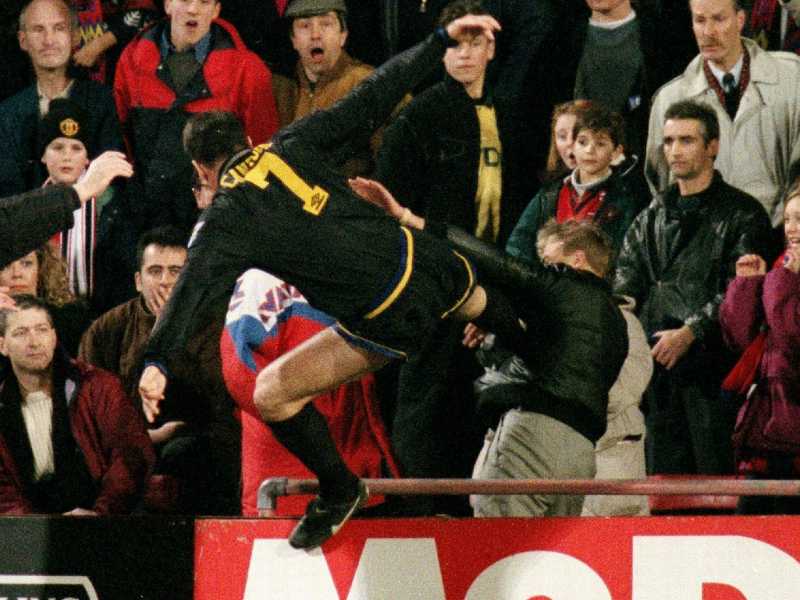
Eric Cantona has produced several hot-headed moments on the pitch. But, this particular event trumps all of them. Even though more than two decades have passed since the incident took place, it remains a popular football conversation topic as if it had happened just yesterday.
The story takes us back to the night of January 25, 1995. Eric Cantona has already become a legend at Old Trafford, having guided Man United to two successive Premier League titles.
Sporting the champions badge on their sleeves, Manchester United travelled to South East London to take on Crystal Palace at Selhurst Park.
Manchester United sat second on the league table before the game. Thanks to an Eric Cantona goal, they had defeated table-toppers Blackburn Rovers three days before.
Another win would have sent them at the top of the table, so the stakes were quite high for the Mancunians.
Crystal Palace, playing at home turf, were determined to give Manchester United a hard time. Crystal Palace centre-back Richard Shaw took it upon himself to shackle Cantona. He was doing his duty diligently and often resorted to a sneaky kick or a push to add more to Cantona’s frustrations.
Cantona had repeatedly asked the referee to intervene, but Shaw wasn’t booked for his challenges.
Losing his cool after another Shaw tackle, Cantona had kicked back at him and immediately received a red for it.
Matthew Simmons & The Kick
As Cantona was walking out of the pitch, a Crystal Palace fan, whose identity was later revealed to be as Matthew Simons, ran through the gangway towards the pitch and hurled insults at Cantona.
The United number seven was seemingly unfazed at first, but after Simmons allegedly abused his mother, he took him down with a kung-fu style flying kick.
Cantona was banned from all kinds of professional football for 8 months following that event. However, most Crystal Palace fans had condemned Matthew Simmons’s remarks and refused to stand in solidarity with him.
In his autobiography Managing My Life, Sir Alex Ferguson said this about the incident-
“[Referee] Alan Wilkie’s inability to stamp out the disgraceful tackles from Crystal Palace’s two central defenders made subsequent trouble unavoidable.”
Sir Alex Ferguson
By the way, the game ended in a 1-1 draw. United were 1-0 up when Cantona was sent off. Palace utilised their one-man advantage and got back into the game with future England manager Gareth Southgate scoring the equalizer.
Eric Cantona Seagull Quote
In a press conference following the incident, Eric Cantona delivered one of the most famous quotes in football history.
Eric Cantona
“When the seagulls follow the trawler, it’s because they think sardines will be thrown into the sea. Thank you very much.”
Cantona left immediately after making the comment, without answering any of the questions reporters were desperately asking him.
The quote was an analogy that stressed how the journalists were shadowing the Frenchman all-day following that infamous kick, in search of a juicy tabloid story.
Almost 20 years after that Cantona’s press conference stunt, Hollywood star Shia LaBeouf made the same comment before storming out of a press conference in 2014.
He also took a sip of water at the same time Cantona did! Looks like LaBeuf had been rehearsing that antic beforehand, so that he could execute it to perfection!
Eric Cantona Net Worth
In 2019, Celebrity Net Worth estimated Eric Cantona’s net worth at $25m. After making his name in football, Cantona has taken up acting and has featured in a handful of movies, music videos and other projects.
Eric Cantona Acting Career
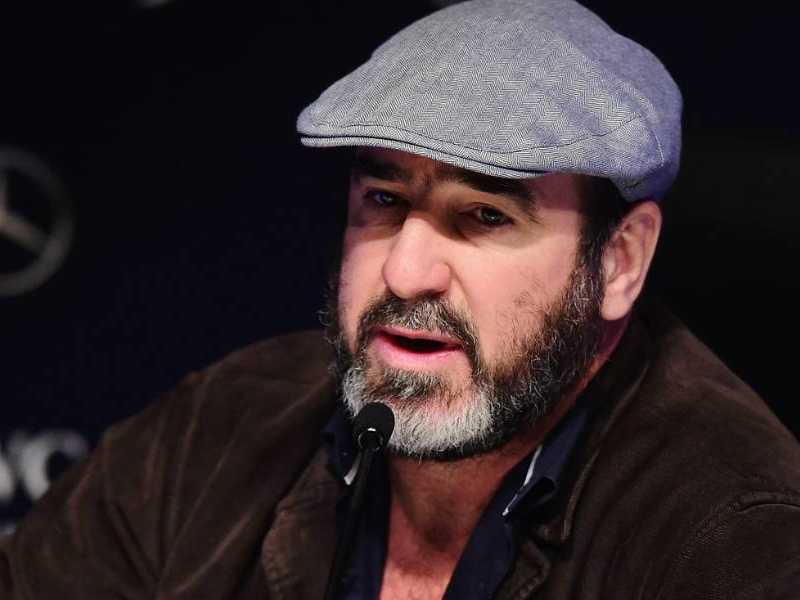
He made his first appearance in cinema way before his retirement from football. He had featured in the 1995 film Le bonheur est dans le pré (The Happiness is in the Field).
Cantona worked in that film while he was serving his lengthy ban following the Selhurst Park incident. He portrayed the role of a rugby player in that movie.
In 1998, he appeared in British film Elizabeth alongside the likes of Cate Blanchett and Richard Attenborough.
Four years later, he made his directorial debut in a short film entitled Apporte-moi ton amour (Bring Me Your Love).
In 2009, he starred in Looking for Eric, which got nominated for Palme D’or. He played the role of The Corsican in the 2014 flick The Salvation.
Most recently, he had appeared in the music video for former Oasis frontman Liam Gallagher’s solo track Once.
Final Say
Eric Cantona didn’t have a long career as a footballer. No injury forced him into early retirement. He just stopped playing because he felt the flames of passion that had given him the urge to play were there no more.
Despite his short-lived career, Eric Cantona succeeded to build a legacy that only a few could rival in the entire history of football. Cantona was not the greatest player to have played for Manchester United, but he was one of the most influential one.
The enigmatic Frenchman was the linchpin of Sir Alex Ferguson’s success at Man United. He led from the front to break United out of the transitional phase and lay the foundation of a team that would gain immorality for their tremendous success.
That is why the walls of Manchester will never be void of an Eric Cantona graffiti. The Manchester United fans will never cease to sing about the heroics of King Eric.

